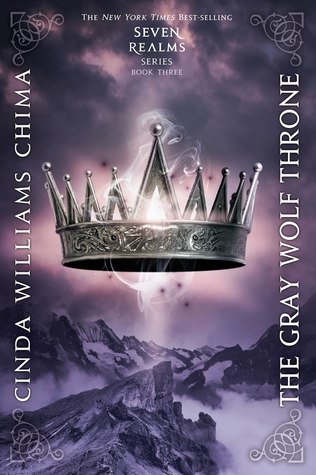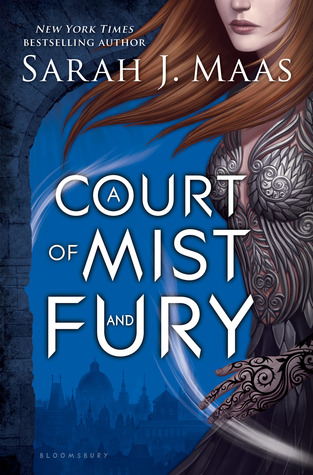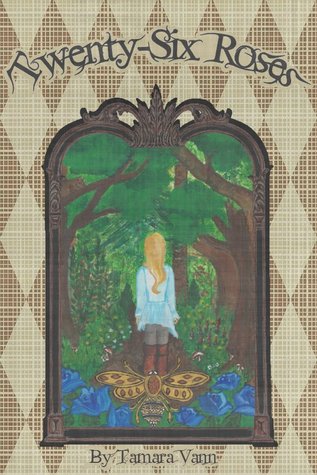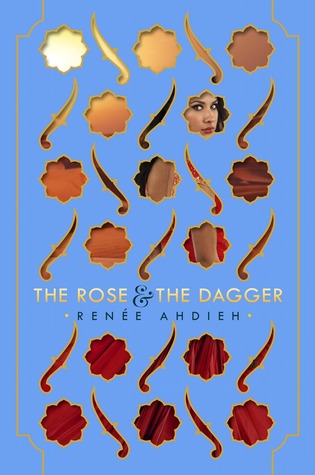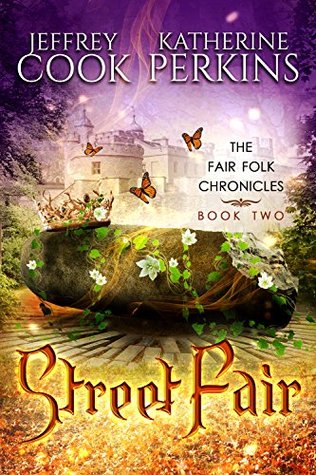 After reading Kulti, I was on a bender for more slow-burn romances. There's something that's just so delicious about the way a slow burn builds, and I totally wanted more of it. So of course I started searching for lists of books that had slowly-building romances. Neanderthal Seeks Human came up on a couple, and the premise (about a girl who loses her job, apartment, and boyfriend in the same day, and who has a tendency for spouting trivial information, who repeatedly finds her path crossing with a hot guy who helps her get a job, and so on) was cute, so I decided to give it a go.
After reading Kulti, I was on a bender for more slow-burn romances. There's something that's just so delicious about the way a slow burn builds, and I totally wanted more of it. So of course I started searching for lists of books that had slowly-building romances. Neanderthal Seeks Human came up on a couple, and the premise (about a girl who loses her job, apartment, and boyfriend in the same day, and who has a tendency for spouting trivial information, who repeatedly finds her path crossing with a hot guy who helps her get a job, and so on) was cute, so I decided to give it a go.Well, it was cute, but it was not a slow romance. These two are gaga about each other from the beginning; Janie has some doubts about herself and whether she's "worthy" of Quinn because he's super hot and she doesn't see herself as very attractive, but the attraction between them is definitely there, and they definitely act on it pretty quickly. But Quinn seems to really like Janie and makes a concerted effort to be a good guy for her. The build-up to their romantic encounters, whether it be flirting, kissing, or sexy times, is infinitely better than the event itself. But overall, this was a cute romance...
What bothered me was the subplot.
Janie apparently comes from a family of crazy people; she is the only sane one amongst them, to hear her tell it, and she doesn't have a relationship with her family at all because of it. Her younger sister, Jem, is apparently the craziest of all. Now, "crazy" is a term that's probably not best-used here; Jem is definitely off, but she doesn't appear to be crazy in any real sense of the word, derogatory as it may be. She is a master manipulator and apparently a career criminal. Reid works in this weird subplot involving Jem, which includes people mistaking Janie for Jem and wanting to hurt her because they think she's Jem, but nothing ever really happens with it. There's an encounter at the end in which the members of Janie's knitting club (she doesn't knit, but her best friend does, so she's part of the club anyway) take down the criminal element pursuing Janie, but then nothing else really happens with it. It just seemed like a flimsy subplot to include and then not follow up on. Maybe it's brought up again in the sequel, Neanderthal Marries Human? I don't know, because I haven't read that one, but it doesn't seem like something that would be ongoing. It could have been wrapped up pretty easily, but instead it was just discarded and didn't feel though-through in the first place. It was like Reid figured she needed some other thing to get in the way of Quinn and Janie, but nothing too big, so she went with this plot and then kicked it to the curb as soon as it got too inconvenient to actually deal with.
This was a cute romance, but it wasn't the slow burn I was looking for. Its sequel, Friends Without Benefits might be more up that alley; it involves the word "nemesis" in the description, which is a good sign when looking for books about relationships that shift slowly. But if you're looking for a read with a boss/employee relationship (even though the employee isn't consciously aware of it) with some funny trivia, cute banter, and sexy flirting, this is a good choice; just be aware that there isn't steamy sex here, as Reid chooses to gloss over it--which is, of course, her prerogative.
3.5 stars out of 5.
